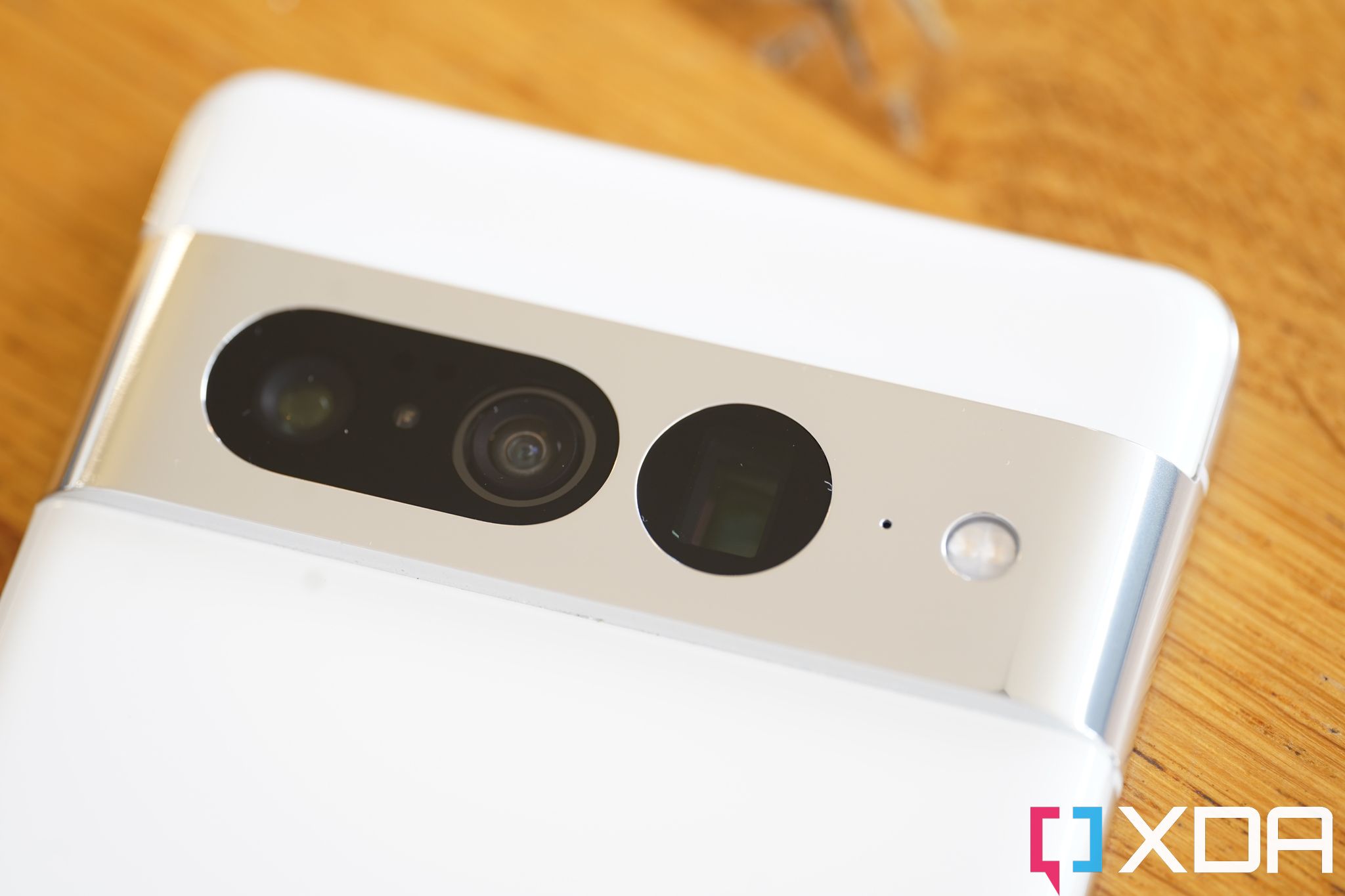Google's latest Pixel flagships, the Pixel 7 and Pixel 7 Pro, bring several improvements over the Pixel 6 series from last year. The phones pack the new and improved Tensor G2 SoC, brighter displays, and improved cameras. However, both phones utilize the same Samsung 50MP ISOCELL GN1 sensor for the primary camera as last year's models. That could change with next year's Pixel 8 lineup, though.
Developer Kuba Wojciechowski has spotted new strings of code in the Google Camera Go app, suggesting that Google is working on bringing staggered HDR support to the app. The feature will allow devices to capture different exposures simultaneously, allowing for faster capture times and reducing the chance of a blurred photo due to the misalignment of frames caused by movement.
But this feature won't be available on the Pixel 7 and Pixel 7 Pro, as the ISOCELL GN1 sensor on these models doesn't support staggered HDR. Therefore, it's safe to assume that Google is prepping the feature for its next-gen flagships, which could feature a new sensor that supports staggered HDR. Wojciechowski further adds that Samsung's 50MP ISOCELL GN2 sensor features staggered HDR support, and Google could offer it on the Pixel 8 and Pixel 8 Pro. But since we're almost a year away from the Pixel 8 series launch, we can't confirm the same.
In addition to strings regarding staggered HDR support, the Google Camera Go app includes mentions of "TangorPro," which is allegedly the codename for a "Pro" version of the upcoming Pixel Tablet. Wojciechowski first spotted mentions of "TangorPro" in Android 13 QPR1 Beta 1 a few months ago, and the new leak reaffirms its existence. Sadly, we don't have any further details about the tablet at the moment. We'll let you know as soon as we learn more.

